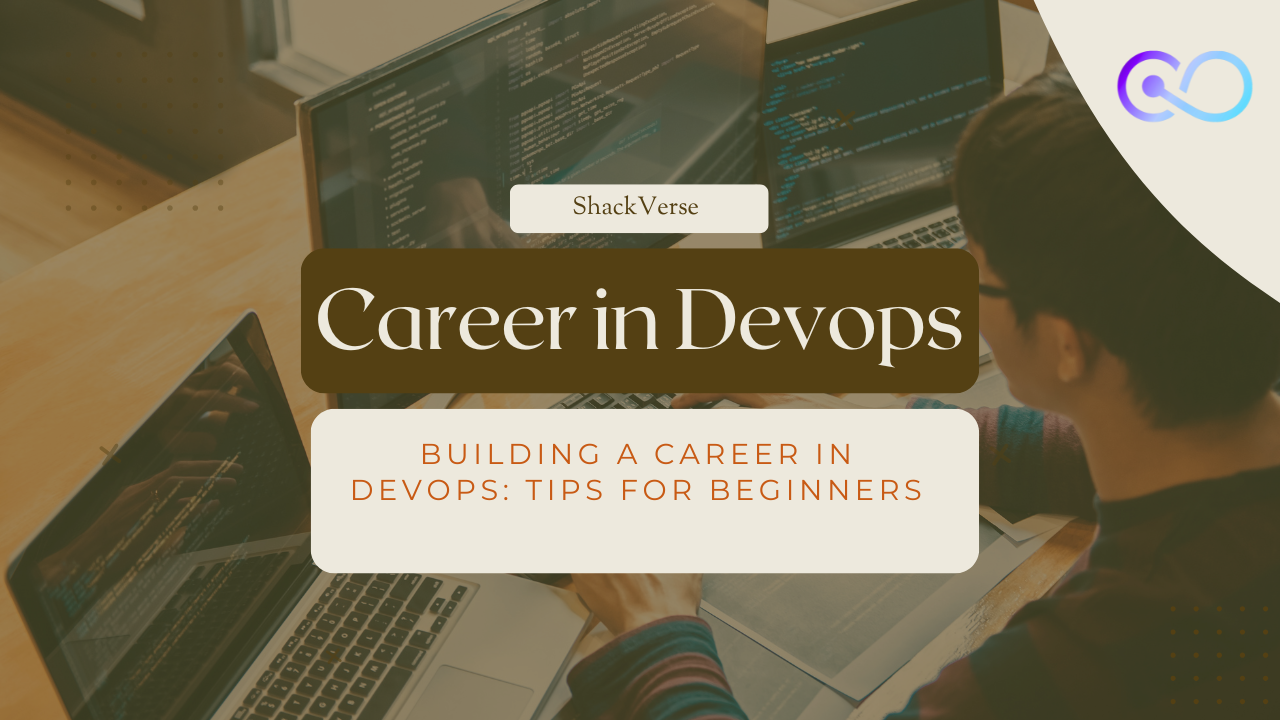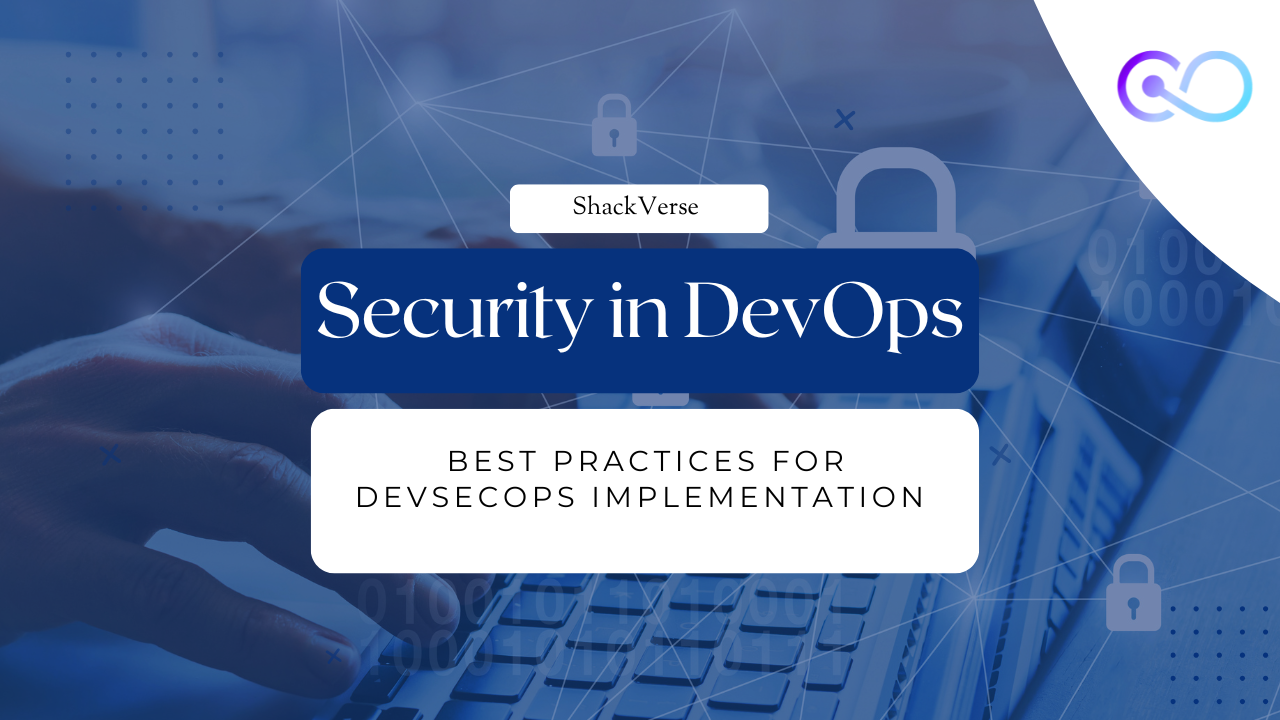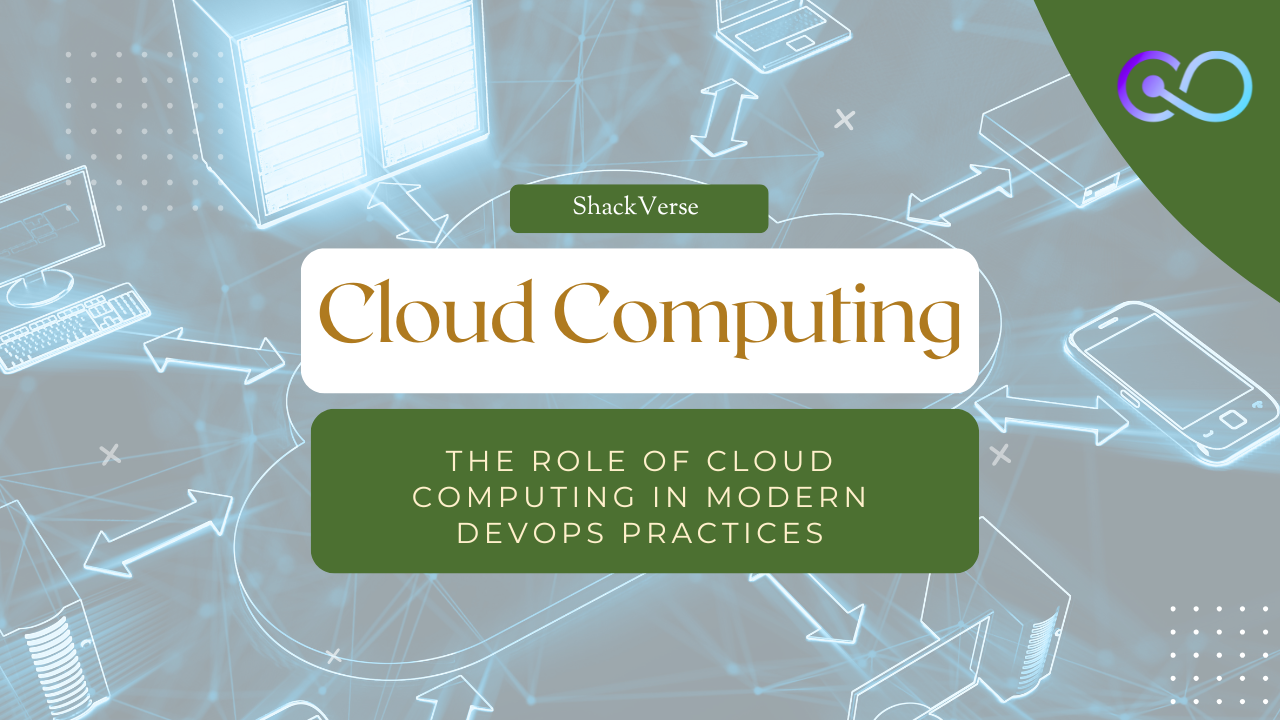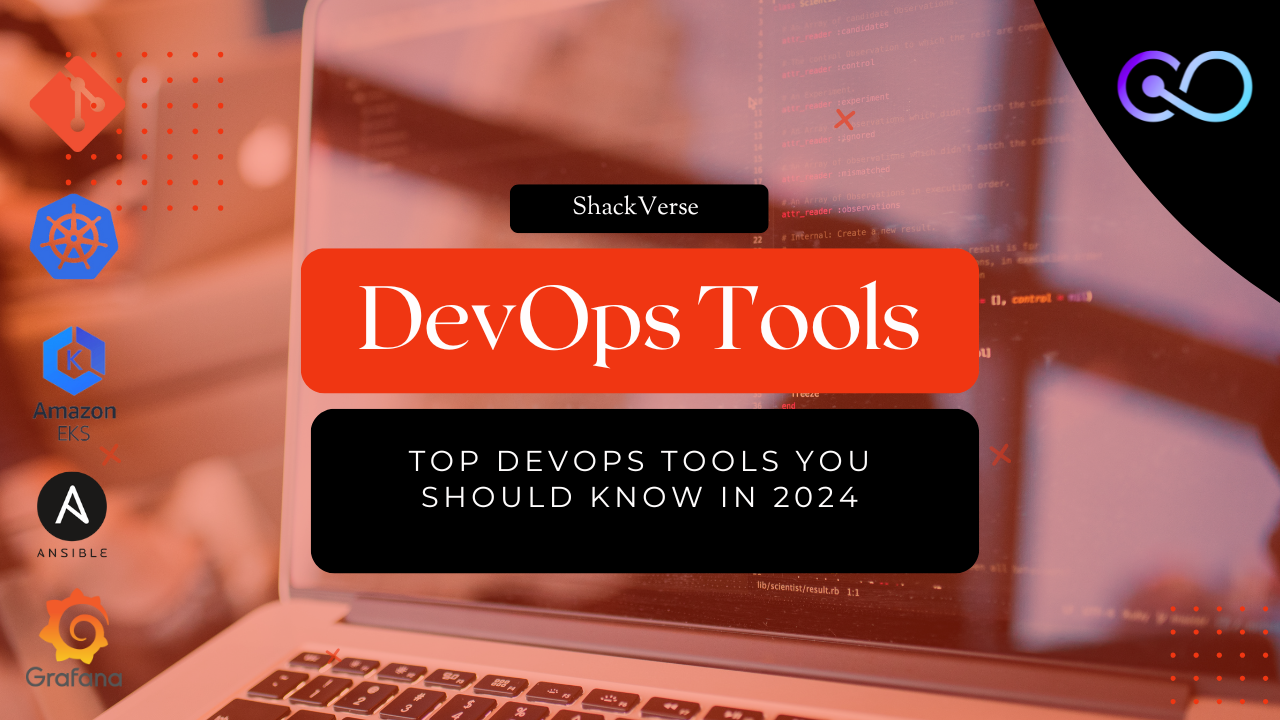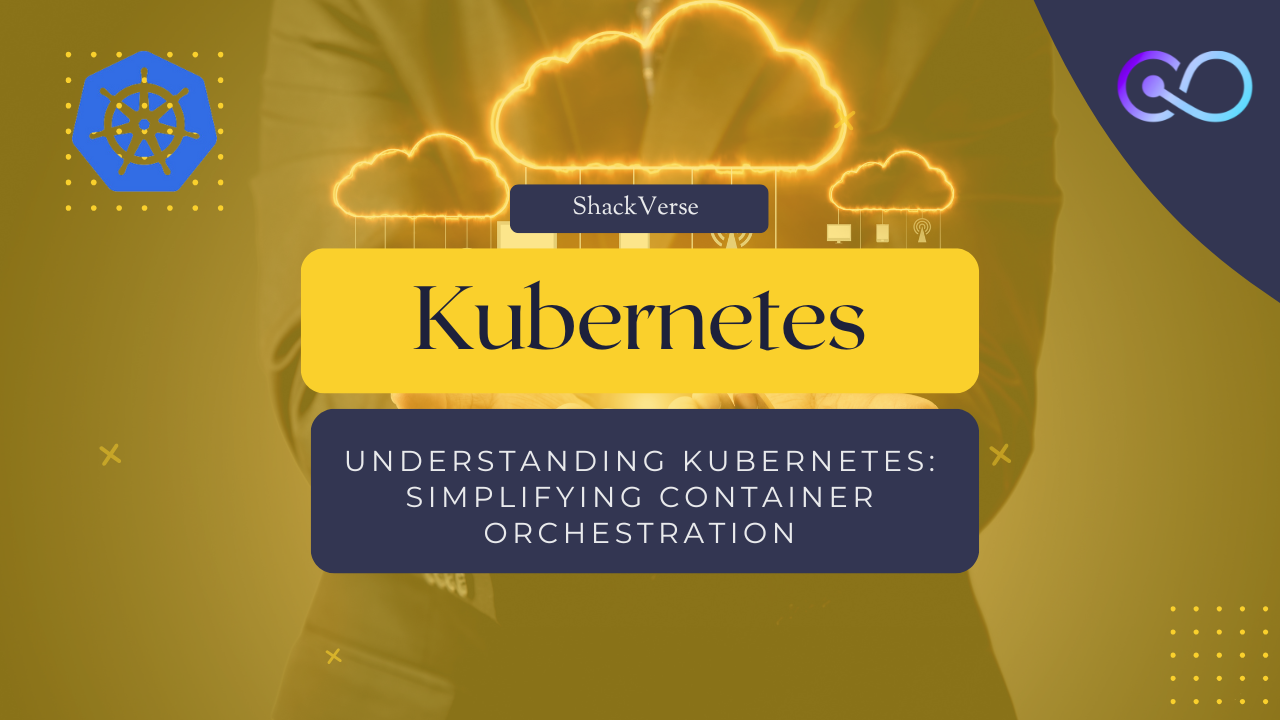DevOps is one of the fastest-growing fields in technology, offering exciting opportunities for professionals to work on the cutting edge of software development and operations. If you’re considering a career in DevOps, this guide will provide you with actionable tips to get started.
Why Choose a Career in DevOps?
- High Demand: Companies across industries are adopting DevOps practices.
- Attractive Salaries: DevOps professionals are among the highest-paid in tech.
- Versatile Skills: DevOps knowledge is applicable to a variety of roles.
- Continuous Learning: Stay ahead with the latest tools and technologies.
- Impactful Work: Contribute to improving software delivery and reliability.
Essential Skills for DevOps
- Linux Fundamentals: Understand the basics of Linux and command-line operations.
- Version Control Systems: Learn tools like Git to manage code repositories.
- CI/CD Pipelines: Familiarize yourself with tools like Jenkins, GitHub Actions, or GitLab CI/CD.
- Containerization: Master Docker and Kubernetes for containerized applications.
- Cloud Platforms: Gain knowledge of AWS, Azure, or Google Cloud.
- Scripting and Automation: Learn Python, Bash, or PowerShell for automation.
- Monitoring and Logging: Explore tools like Prometheus, Grafana, and ELK Stack.
Steps to Kickstart Your DevOps Career
- Learn the Basics: Start with foundational knowledge of Linux, networking, and version control.
- Take Online Courses: Enroll in beginner-friendly DevOps courses on platforms like Coursera, Udemy, or DevOps Shack.
- Get Hands-On Experience: Practice with real-world scenarios using tools like Docker, Kubernetes, and Ansible.
- Build a Portfolio: Create GitHub repositories showcasing your projects and automation scripts.
- Earn Certifications: Pursue certifications like AWS Certified DevOps Engineer or Certified Kubernetes Administrator (CKA).
- Contribute to Open Source: Collaborate on open-source projects to gain practical experience.
- Stay Updated: Follow DevOps blogs, forums, and communities to keep up with trends.
Common DevOps Roles
- DevOps Engineer: Focuses on CI/CD, automation, and collaboration between development and operations.
- Site Reliability Engineer (SRE): Ensures reliability and performance of applications.
- Cloud Engineer: Manages cloud infrastructure and services.
- Automation Specialist: Develops scripts and tools to automate repetitive tasks.
- Build and Release Engineer: Oversees the build and deployment processes.
Challenges Beginners Face and How to Overcome Them
- Tool Overload: Start with a few essential tools before expanding your toolkit.
- Lack of Experience: Practice with personal projects or join internships.
- Understanding Culture: Embrace the collaborative nature of DevOps teams.
- Keeping Up with Trends: Dedicate time to learning new tools and practices.
Sample Beginner DevOps Project
- Set Up a CI/CD Pipeline: Use Jenkins or GitHub Actions to automate builds and deployments.
- Containerize an Application: Create a Docker container for a simple web app.
- Deploy to the Cloud: Host your application on AWS, Azure, or GCP.
- Monitor Performance: Use Prometheus and Grafana to track metrics.
Conclusion
Starting a career in DevOps can be challenging, but it’s also incredibly rewarding. By building the right skills, gaining hands-on experience, and staying curious, you can set yourself on a path to success. Whether you’re transitioning from another field or just beginning your journey, DevOps offers endless opportunities for growth and impact.
Ready to embark on your DevOps journey? Start today and watch your career thrive in this dynamic field!


